ORNL study quantifies fuel economy costs of common driver practices and vehicle alterations
Green Car Congress
APRIL 10, 2014
Researchers at Oak Ridge National Laboratory (ORNL) have quantified the fuel economy effects of some common driver practices and vehicle accessories or alterations—including underinflated tires, open windows, and rooftop and hitch-mounted cargo. liter four-cylinder engine, also suffered as its fuel economy dipped 22% from 42.5


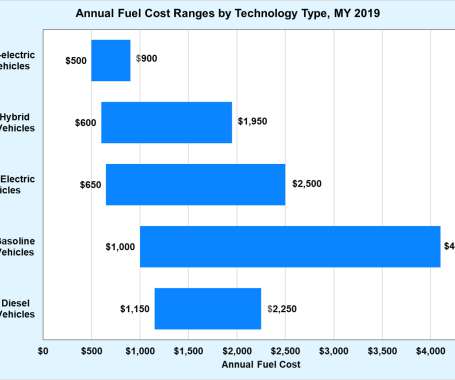

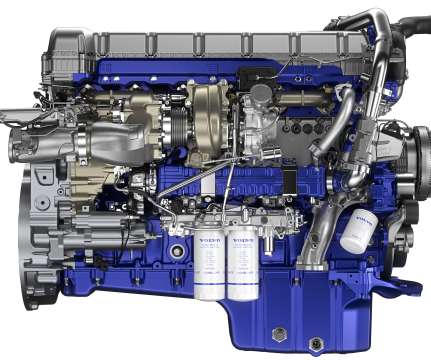









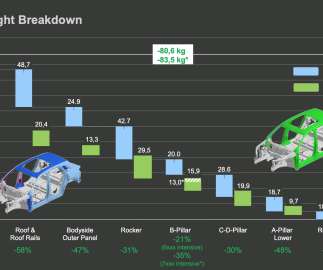



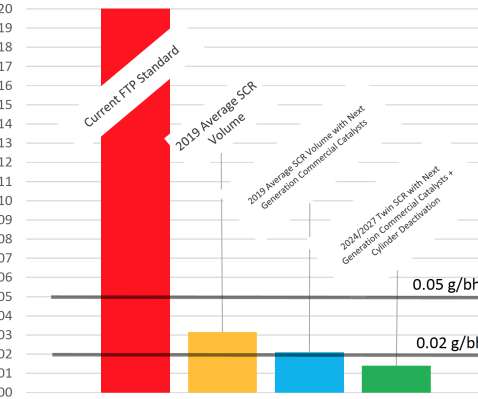

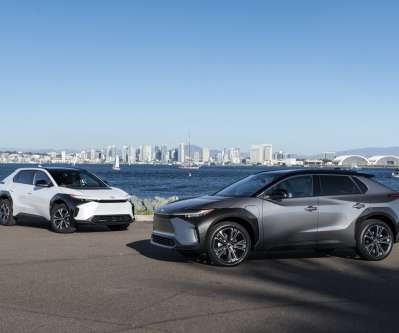


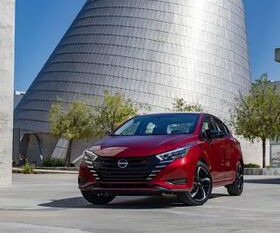






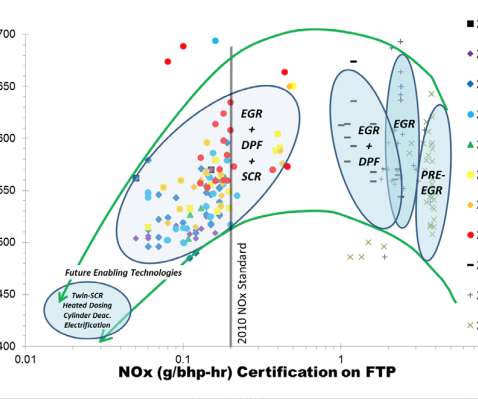
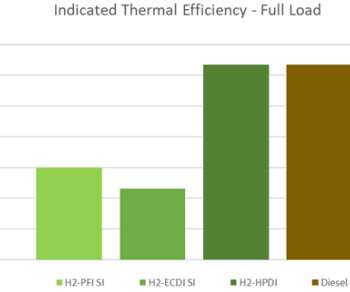

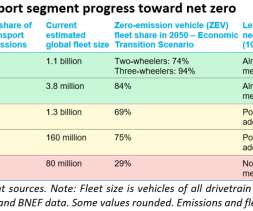
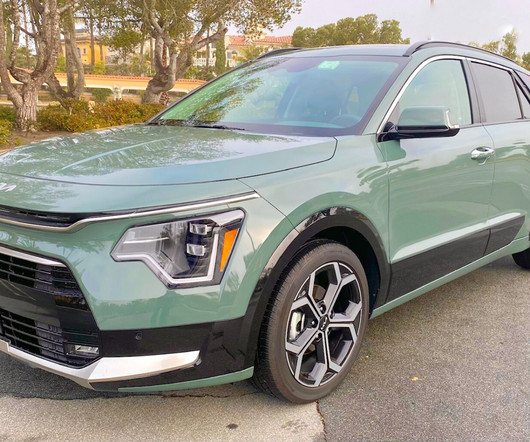












Let's personalize your content